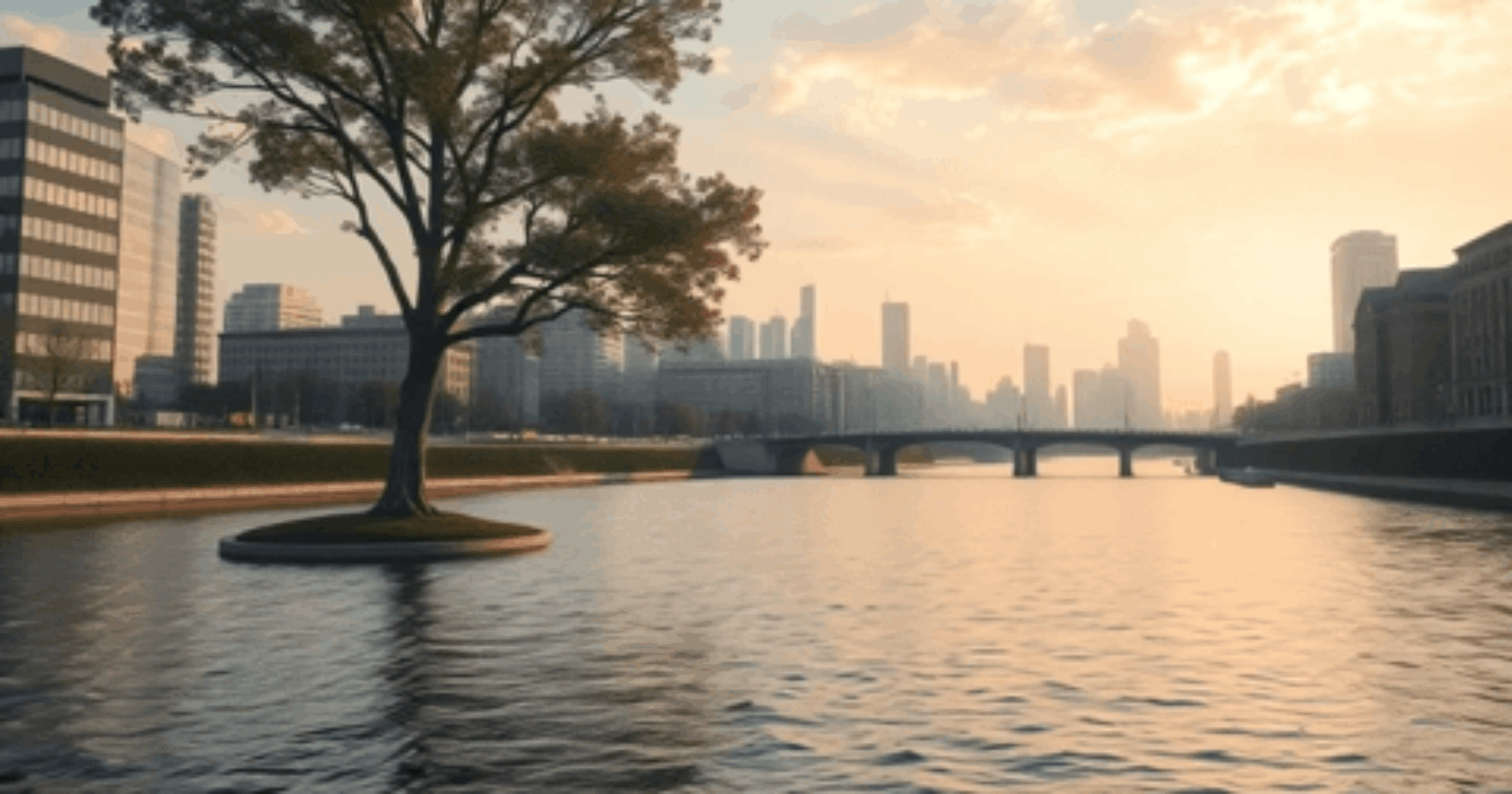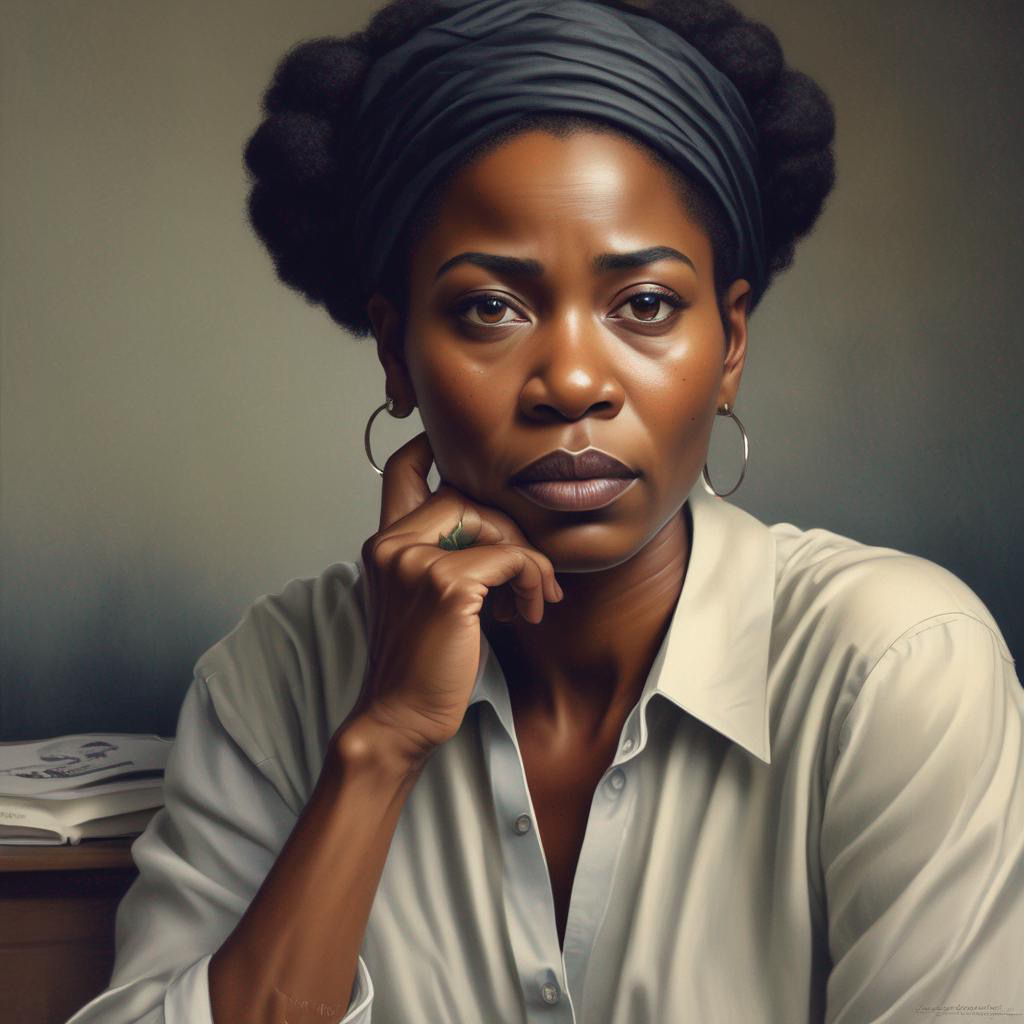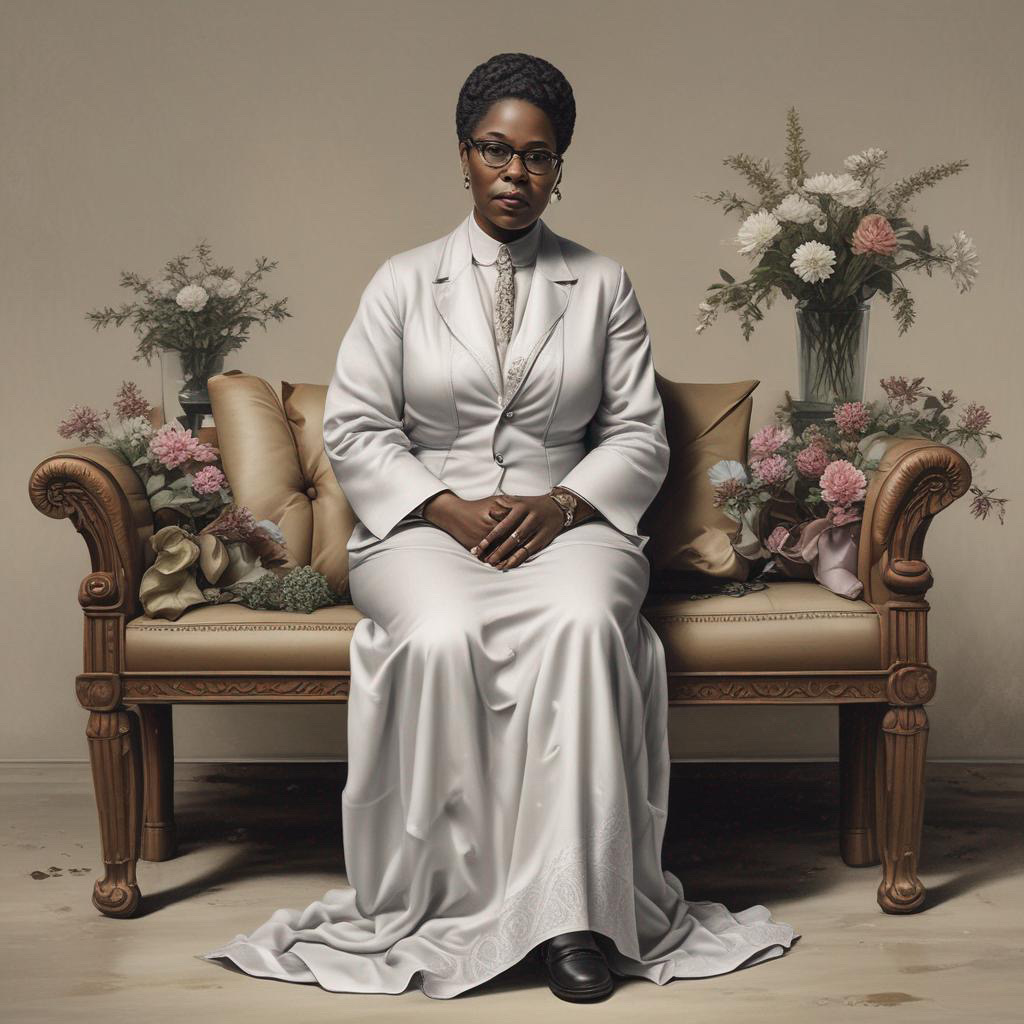Continuing our reflection on Isaiah 58:5-6, let’s imagine a tapestry, each thread representing a life, a story woven together through shared struggles and triumphs. Our neighbors—those vibrant threads—come in all colors, patterns, and textures. Some may feel frayed and burdened by generational pain and hardship. Yet, as we walk through life together, we can help each other mend the fabric of our existence with love and understanding.
In a world that sometimes insists on defining us by our struggles, we must extend our hands to one another, offering the balm of empathy instead of the sting of indifference. We are called to lift each other, to say, “I see you, and I understand.” Consider Patty LaBelle’s lyrics: “It’s only me. I’ve come to see you.” These words resonate deeply. They remind us that presence matters—just being there for someone can be a lifeline. When we reach out, we echo God’s promise that we are never alone and that we are precious in His sight.
As we embrace this call, let us remember that liberation is not just a historical event but a continuous journey. In Christ, we are freed from the shackles of our past. We are invited to rise, redefine our narratives, and proclaim: “You are important to me! Together, we can face the mountains ahead.”
So, let’s shed apathy and embrace compassion. Let’s remind one another that we are not defined by our struggles but by the love that binds us. With each act of kindness, we weave a brighter future, reflecting the heart of God in a world longing for hope. Together, we are not just surviving; we are thriving, empowered by the Spirit to serve and uplift one another.




